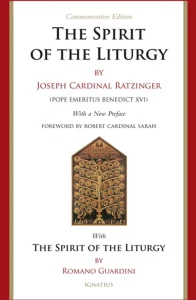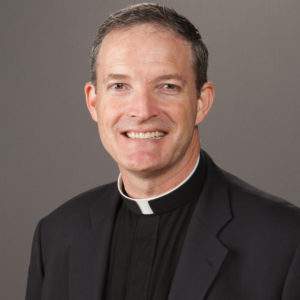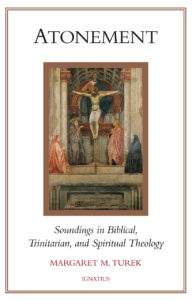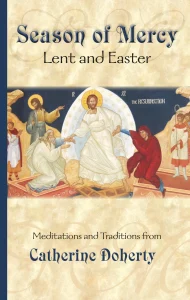Podcast: Play in new window | Download (Duration: 35:03 — 24.6MB) | Embed
Subscribe: Apple Podcasts | Spotify | Amazon Music | Android | Pandora | iHeartRadio | JioSaavn | Podchaser | Gaana | Podcast Index | Email | TuneIn | Deezer | Anghami | RSS | More
How music almost killed—and saved—the Catholic Church. Fr. Fessio, Joseph Pearce, and Vivian Dudro discuss Joseph Ratzinger’s account of the development of liturgical singing in “The Spirit of the Liturgy”.
 You can find the book here
You can find the book here
In honor of its fortieth anniversary (1978–2018), Ignatius Press presents a special Commemorative Edition of one of the most important works written by Joseph Ratzinger, The Spirit of the Liturgy.
This edition includes the earlier classic work with the same title by Servant of God Romano Guardini, a book that helped Ratzinger to “rediscover the liturgy in all its beauty, hidden wealth and time-transcending grandeur, to see it as the animating center of the Church, the very center of Christian life.”
Considered by Ratzinger devotees as one of his greatest works, this profound and beautifully written treatment of the liturgy will help readers to deepen their understanding of the”great prayer of the Church”. The cardinal discusses fundamental misunderstandings of the Second Vatican Council’s intentions for liturgical renewal, especially about the priest’s orientation of prayer to the Father, the placement of the tabernacle in churches, and the posture of kneeling.
Other important topics are the essence of worship, the Jewish roots of Christian prayer, the relationship of the liturgy to time and space, sacred art and music, and the active participation of the faithful in the Mass.













 “The Feast of Feasts”
“The Feast of Feasts”



